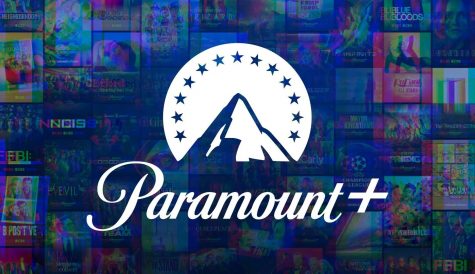
After more than 40 years of operation, DTVE is closing its doors and our website will no longer be updated daily. Thank you for all of your support.
BSkyB and studios attack Competition Commission’s new movie market remedies
 BSkyB and Hollywood studios have criticised the UK Competition Commission’s ‘further remedies’ to its ruling that the movie contracts between studios and the pay TV broadcaster are uncompetitive.
BSkyB and Hollywood studios have criticised the UK Competition Commission’s ‘further remedies’ to its ruling that the movie contracts between studios and the pay TV broadcaster are uncompetitive.
In November, the Commission suggested that BSkyB could be forced to give rival over-the-top service providers access to any of its customers who can receive its Anytime Plus subscription video-on-demand service. As part of its investigation into the market for movies on pay TV, the commission also recommended that Sky should be forced to publish the expiry date of its contracts relating to first subscription pay TV window rights with the six major studios.
This second set of proposed remedies followed initial proposals, including restricting the number of studios from which Sky could license exclusive first-run rights, that were heavily criticised by the affected parties.
Sky has now said that the Competition Commission’s analysis “does not provide a sufficient basis to enable an evaluation of the new possible Remedy (a) to be undertaken”. The pay TV broadcaster said that it “considers that, contrary to the CC’s provisional conclusion, there is a substantial amount of evidence which shows that take-up and use by consumers of technologies which enable them to view IP-delivered services on their TVs is significant currently and increasing rapidly”.
Sky said that the proposal to open up its set-tops to competitors would highly disruptive of its business, and was not justified. “It is plain that Sky’s Ethernet-enabled set top boxes do not meet the conditions required to be considered to comprise an essential facility to which access should be mandated,” it said. “Above all, as internet distributors are able to retail their services directly to consumers (including Sky subscribers) via a wide range of IP-connectable devices (including TVs, games consoles, Blu-ray players and other devices) other than Sky’s set top boxes, there could be no basis for concluding that access to Sky’s Ethernet-enabled set top boxes is indispensable to internet distributors’ ability to compete in the relevant downstream market.”
The broadcaster pointed to the example of Netflix’s launch, the availability of connected devices and the forthcoming launch of YouView, and said that it had invested in – and had subsidised the cost of – its own Ethernet-connected boxes, unlike devices sold at retail.
Hollywood studio Paramount said that “none of the CC’s proposed remedies are warranted given the severe weaknesses of the [provisional findings]” but said that opening up Sky’s boxes to competitors would be “the least disproportionate remedy suggested by the CC because it focuses on the actual problem that the CC believes it has identified”.
NBC Universal said that while opening up Sky’s boxes “might provide some short-term advantage to OTT providers it would seem likely to become obsolete through technical and market developments such as those identified by the Commission (internet-enabled TVs and STBs). NBC Universal’s clear preference, as previously stated to the Commission, would be for the market to be left to develop naturally rather than as a result of regulatory intervention”.
Warner Bros said that online access to Sky’s base targeted the primary cause of the commission’s concerns but said that “in a fast moving market, such a remedy would risk becoming rapidly out of date”. It said that potential bidders for its rights had no difficulty in ascertaining when its movies would become available.
A final ruling is expected in August.


